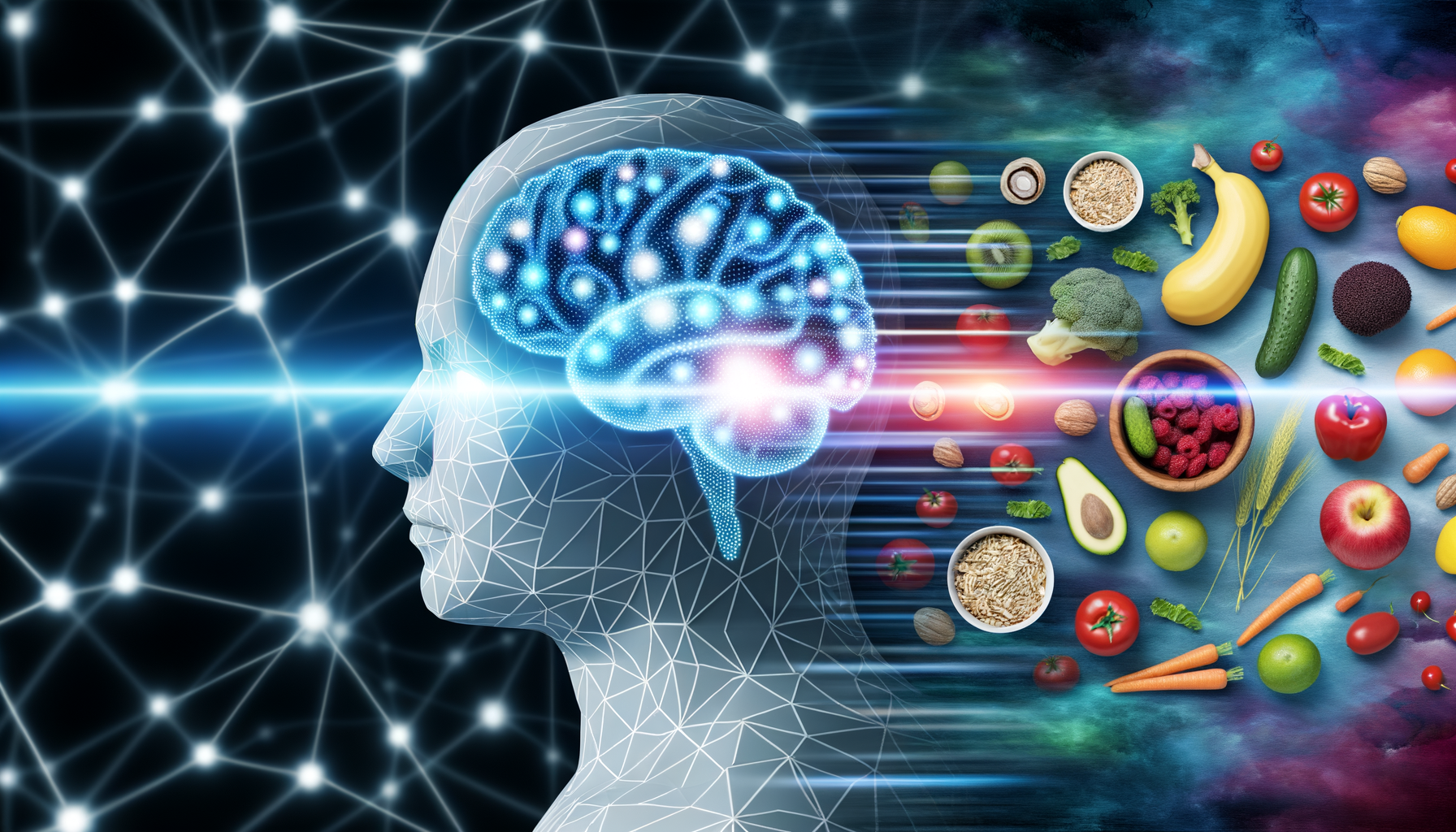Imagine having a personalized diet plan that not only caters to your taste preferences and lifestyle but also continuously adapts to enhance your nutritional outcomes. This vision is now within reach thanks to advancements in neuromorphic computing and the development of innovative technologies like artificial synapses. These advancements are poised to revolutionize smart dieting by integrating advanced computing techniques with adaptive nutrition strategies, offering a tailored approach to health.
Understanding Neuromorphic Computing
Neuromorphic computing is inspired by the human brain’s efficiency and flexibility, enabling systems to learn and adapt in real-time. This approach is particularly promising in developing artificial synapses, which mimic the neural connections in the brain. Artificial synapses allow for low-energy and high-speed data processing, much like biological synapses, making them ideal for applications requiring real-time learning and adaptation.
The Role of Artificial Synapses
Artificial synapses are designed to mimic the function of biological synapses, the gap between neurons where chemical signals are transmitted. These devices enable parallel computing and in-memory data processing, which are foundational for applications requiring continuous adaptation and learning. In the context of smart dieting and adaptive nutrition, these capabilities can be leveraged to develop systems that learn individual dietary needs and preferences over time.
Integrating Artificial Synapses with Nutrition
The integration of artificial synapses with nutritional sciences could transform how dietary recommendations are made and adhered to. By using machine learning algorithms, these systems can analyze vast amounts of health data, dietary patterns, and genetic information to provide personalized dietary advice. For instance, Calorie Calculator Cloud offers tools that help individuals track their caloric intake and set nutritional goals, but integrating artificial synapses could enhance this capability by dynamically adjusting recommendations based on real-time data analysis.
Personalized and Adaptive Nutrition
Personalized nutrition involves tailoring dietary advice to an individual’s health metrics, lifestyle, and genetic makeup. Artificial synapses can take this a step further by enabling systems to adapt over time based on new data. Imagine a system that not only recommends a diet based on your initial health assessment but also continuously monitors your progress and adjusts recommendations as you achieve your health goals or experience lifestyle changes.
For example, if you start a new exercise routine, an adaptive nutrition system could adjust your caloric intake and macronutrient balance to support muscle recovery and growth. This adaptability is crucial for maintaining motivation and achieving sustained health outcomes.
Emerging Applications in Nutrition
Several emerging applications in nutrition leverage machine learning and deep learning techniques to improve health outcomes. For instance, deep learning algorithms have been used to predict nutritional markers like serum pyridoxal 5′-phosphate (PLP) based on dietary intake and supplements. This capability can be extended further by integrating artificial synapses to monitor changes in dietary patterns or health status over time.
Real-World Examples
In real-world applications, integrating artificial synapses with nutritional analysis can significantly enhance smart dieting strategies. For instance, imagine a meal planning app that uses artificial synapses to analyze your food preferences, dietary needs, and lifestyle to suggest recipes not only based on your current diet but also by continuously adapting to changes in your health metrics or activity levels.
Companies like Nutrisystem and Weight Watchers offer structured diet plans, but with the integration of neuromorphic computing, these plans could become even more personalized and adaptive, enhancing user engagement and success.
Challenges and Future Directions
While the potential for artificial synapses in nutritional science is vast, there are challenges to overcome. One major hurdle is ensuring data privacy and managing the ethical implications of collecting and analyzing extensive health data. Additionally, integrating these technologies into existing health care systems will require a multidisciplinary approach involving technology, medicine, and policy.
Addressing Privacy Concerns
Addressing privacy concerns will be crucial as these technologies advance. Ensuring that personal health data remains secure while being analyzed and used for adaptive nutrition recommendations will be a key area of focus. This may involve developing robust encryption methods and clear guidelines for data handling.
Conclusion and Next Steps
In conclusion, integrating artificial synapses with nutrition offers a promising path forward for enhancing personalized and adaptive dietary strategies. By leveraging the adaptive capabilities of neuromorphic computing, individuals can benefit from tailored nutrition advice that adjusts to their changing needs. To explore more advanced tools for managing your diet, consider checking out Calorie Calculator Plans, which can provide you with the insights and structure needed to achieve your health goals.
As research in this field continues to develop, we can expect to see even more innovative applications of artificial intelligence and artificial synapses in improving health outcomes. Whether you’re interested in smart dieting, Fitbit fitness tracking, or integrating MyFitnessPal for meal planning, staying updated on these advancements will help you make the most of available technologies for achieving optimal health.








